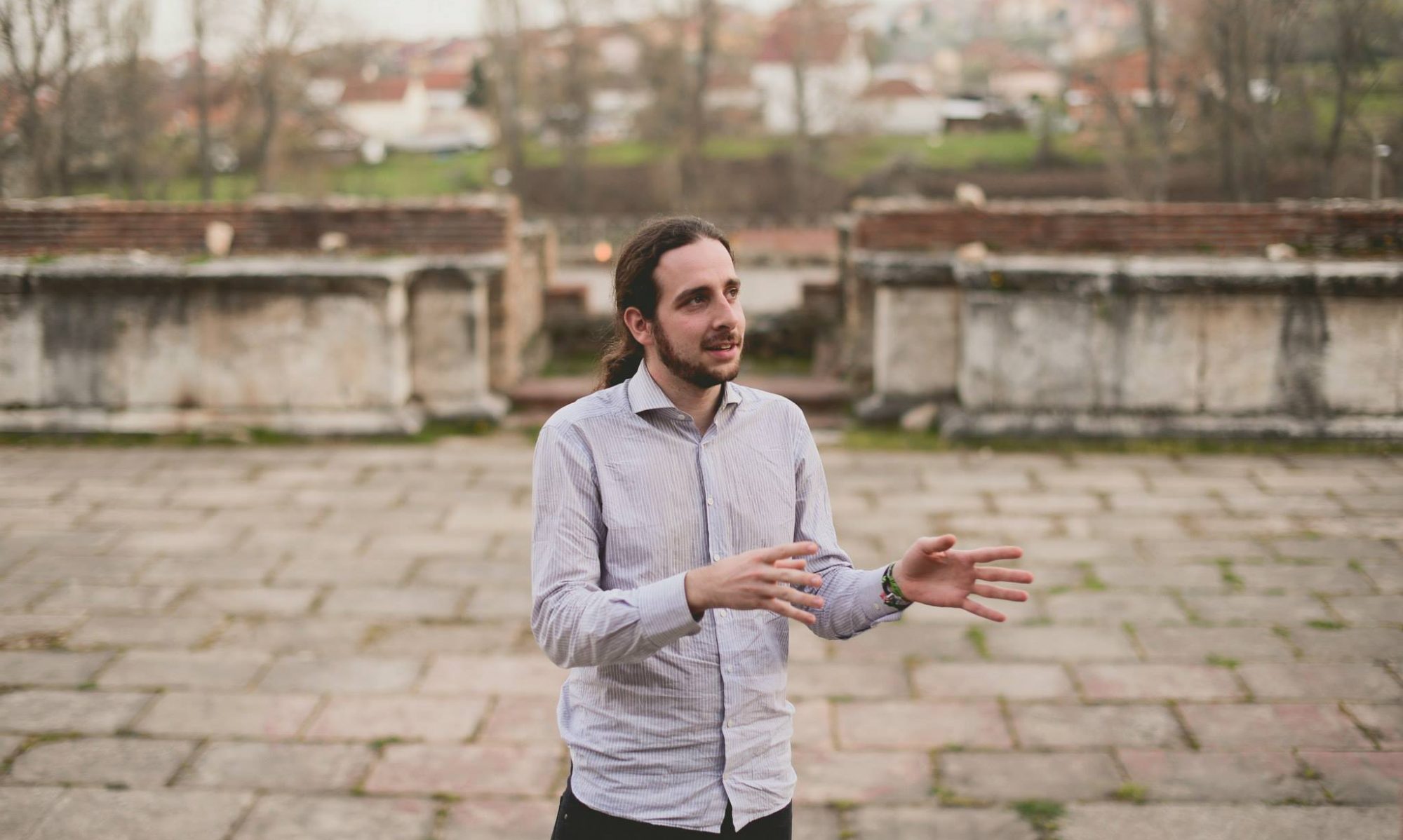I am so happy that I am writing this post in English. After more than a decade of daily work in English (or some call it Globish), I now have to seriously work on my Dutch.
Dutch was never my native language. I was born in Israel and spoke only Hebrew until arriving in The Netherlands at the age of nine. But, I did manage to learn it, graduate with it, and write an MA thesis in it.
But to actually now work professionally in Dutch. That’s challenging.

Dutch language is in fact contaminated with English words. On the one hand, it’s great, because you get to impress people with your command of these unavoidable words, like impact, evidence-base, peer-learning, and so on. But on the other hand, it does feel like an easy escape from a conversation already happening in Dutch.
A recent conversation with a potential client, for example, had me stranded a couple of times, asking myself out loud “how should I put this in Dutch?”. Here is one such example:
It’s crucial to build a sustainability planning which is able to generate a multiplier effect.
What I wanted to say here was the need for the project planning to take into account how the results (in this case media productions) will be made available to the target group beyond the projects scope, in such a way that it will not only be ‘consumed’, but also re-used. And not only re-used, but re-purposed for further multiplication, meaning: people won’t only watch the production, but also produce new productions.
Dus. Hoe ga ik dit in hemelsnaam in deugdelijk Nederlands schrijven. En al kan ik het goed opschrijven, hoe ga ik het zeggen zonder (op z’n Haags gezegd) me bek te breken?
- Vrij letterlijk: Het is essentieel om een verduurzaming strategie te hebben waar een vliegwieleffect vanuit gegenereerd wordt.
- Aangepast: Zorg er voor dat je nadenkt hoe je het verdere gebruik van de resultaten verduurzaamd.
- Anders: De resultaten moeten niet alleen beschikbaar zijn, maar ook op zich zorgen voor verder gebruik door anderen.
All three approaches to take the awful bit of project-speak from it’s English state into some kind of natural Dutch have their advantages and disadvantages.
So my question remains: To Dutch or not too Dutch?
